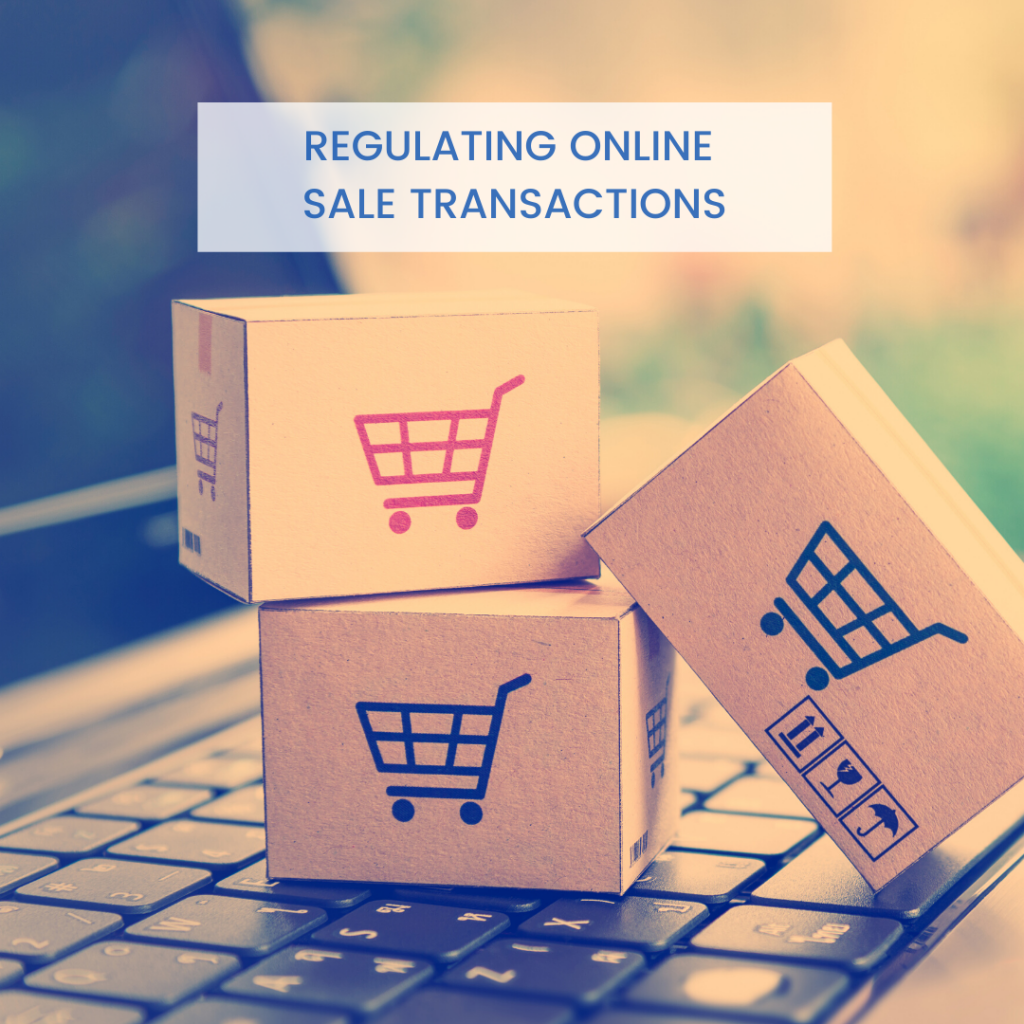
Published 15 June 2020, The Daily Tribune
In a Memorandum Circular released on 10 June 2020, the Bureau of Internal Revenue (BIR) issued a special notice reminding persons doing business and earning income from digital transactions through the use of electronic platforms and media, and other digital means, of their obligation to register their businesses in compliance with Section 236 of the Tax Code, as amended. The notice is likewise addressed to other stakeholders involved in the online transaction, such as the payment gateways, delivery channels, Internet service providers and other facilitators.
This notice comes after a reported increase in online transactions, including those of mom-and-pop shops, following the quarantine measures adopted by the government to address the coronavirus disease 2019. Forced to stay indoors and observe social distancing, consumers have resorted to virtual shopping and shift from their usual transactions with brick and mortar stores.
It must be recalled that Finance Secretary Carlos Dominguez III informed senators on 20 May 2020 that they are studying how to implement a tax collection program for digital transactions.
Further, on 19 May 2020, House Bill 6765, dubbed as the proposed “Digital Economy Taxation Act of 2020,” was filed aiming to capture the value created by the digital economy better.
In Revenue Memorandum Circular 60-2020, the Bureau encouraged the registration and/or update the registration of businesses engaged in online transactions, and their voluntary declaration of and payment of taxes on their past online transactions, by waiving the imposition of the corresponding penalty for late registration and tax payment made on or before 31 July 2020. The Bureau also warned those who will be found non-compliant with the registration or update requirements and those who failed to declare past due taxes shall be imposed with applicable penalties under the law, rules and regulations.
Newly-registered business entities are likewise advised to ensure tax compliance, particularly on the following:
- Issuance of registered sales invoice or official receipt for every sale of goods or services to clients/customers/buyers;
- Keeping of registered books of accounts and other accounting records of business transactions;
- Withholding of taxes, as applicable;
- Filing of required tax returns; and
- Payment of correct taxes due on time.
The Bureau likewise attached to the circular the basic registration guidelines for online businesses. Registration and its updates shall be done in the Revenue District Office having jurisdiction over the place where the seller’s head office is located or over the place of residence in the case of an individual taxpayer. The Bureau requires the seller to obtain a taxpayer’s identification number and a Certificate of Registration (CoR) for its business.
To apply for the CoR, an individual seller is required to accomplish BIR Form 1901; submit a government-issued ID, e.g. birth certificate, passport, driver’s license, including a certificate issued by the Department of Trade and Industry for those registered with a business name; and pay a registration fee of P500 and loose documentary stamp tax for affixture to CoR of P30. On the other hand, non-individual taxpayers, such as corporations and associations, are required to accomplish BIR Form 1903; submit its certificate of registration issued by the Securities and Exchange Commission; and pay a registration fee of P500 and loose documentary stamp tax for affixture to CoR of P30. Note that the online seller is likewise required to register its receipts and invoices by applying for an Authority to Print from the Bureau.
Notably, the list of documents for registration no longer includes the submission of a business permit or Mayor’s Permit to be obtained from the local government unit having jurisdiction over the taxpayer. This is pursuant to Revenue Memorandum Circular 57-2020 dated 12 March 2020, which streamlined the requirements for registering a new business with the Bureau by removing the Mayor’s Permit as one of the mandatory requirements.
For comments and questions, please send an email to cabdo@divinalaw.com.

